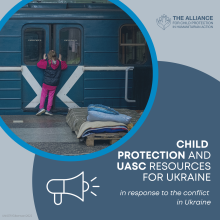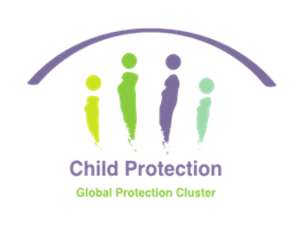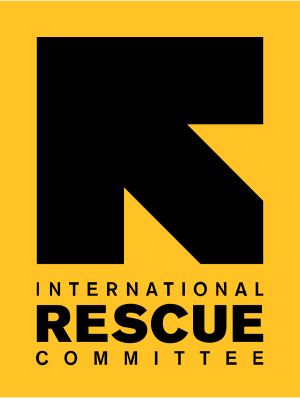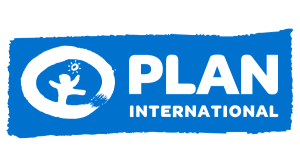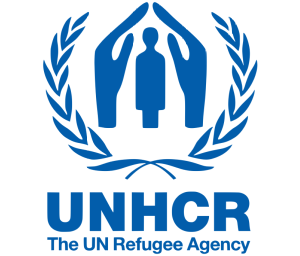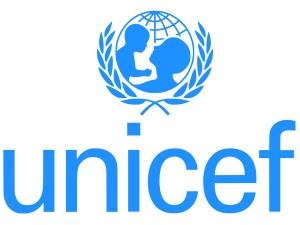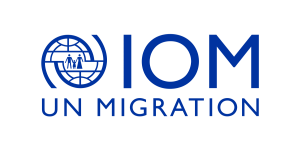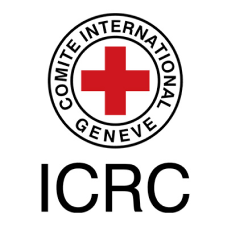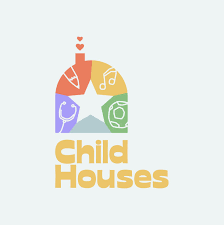
Led By: International Rescue Committee and Save the Children
Contact us at: uasc.tf@alliancecpha.org
Our Mission
To enhance the protection of UASC in situations of conflict and natural disaster, through strengthening and harmonising both prevention and response to family separation and the needs of UASC in terms of Family Tracing and Reunification, as well as temporary care while durable solutions are pursued.
Download our updated Offer of Support here.
Key Priorities of the UASC Task Force
- Ensure that technical standards and tools for UASC programming reflect the latest evidence and feedback from all relevant actors, including other sectors and local partners.
- Increase the ability of actors at all levels and contexts, particularly local actors, to access existing technical tools and knowledge on UASC in humanitarian contexts.
- Facilitate the coordination, participation, and contributions of all UASC TF members as well as efficient collaboration between other groups and entities internal and external to he Alliance.
- Provide timely responses to all questions and issues addressed to the UASC TF.
- Support a hybrid approach to learning—prioritising face to face regional workshops where possible while also organising virtual trainings—to strengthen localised capacity, foster peer to peer exchange, and deepen practitioner connections across contexts.
Task Force Member Organisations
Key Tools
The Unaccompanied and Separated Children Task Force - Offer of Support
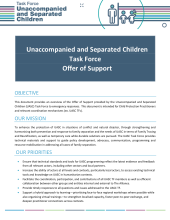
This Offer of Support outlines how the Unaccompanied and Separated (UASC) Children Task Force provides technical materials and support to guide policy development, advocacy, communication, programming, and resource mobilisation in addressing all cases of family separation.
It highlights the UASC Task Fore's mission, priorities, and the practical support available to practitioners—including key
Toolkit on Unaccompanied and Separated Children (UASC)

The Unaccompanied and Separated Children (UASC) Toolkit is a product of the Inter-agency Working Group on Unaccompanied and Separated Children (IAWG UASC). It was produced in conjunction with the Unaccompanied and Separated Children (UASC) Field Handbook, 2016.
In 2004, the Inter-agency Guiding Principles on Unaccompanied and Separated Children established the, at-the-time unique, core principles
Field Handbook on Unaccompanied and Separated Children (UASC)

The Unaccompanied and Separated Children (UASC) Field Handbook is a product of the Inter-agency Working Group on Unaccompanied and Separated Children (IAWG UASC). It was produced in conjunction with the Unaccompanied and Separated Children Toolkit, 2017.
In 2004, the Inter-agency Guiding Principles on Unaccompanied and Separated Children established the, at-the-time unique, core principles for
Alternative Care in Emergencies Toolkit (2013)

The Alternative Care in Emergencies (ACE) Toolkit is designed to facilitate interagency planning and implementation of alternative care and related services for children separated from or unable to live with their families during and after an emergency. There is no single type of care placement that will meet the needs of all children. Each emergency will have its own set of protection risks
Resources
Report | Alternative Care Survey

Training of Trainers | Unaccompanied and Separated Children

Learning Package | Prevention of Separation

Guidance Note | Primary Prevention of Family Separation

Cash and Voucher Assistance and Child Protection in Humanitarian Action
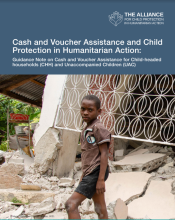
Call for Moratorium on Intercountry Adoption in Response to the Conflict in Ukraine

Guidance | Unaccompanied and Separated Children (UASC) Information Sheet
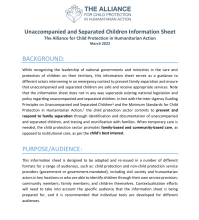
Child Protection and UASC Resources for Ukraine
